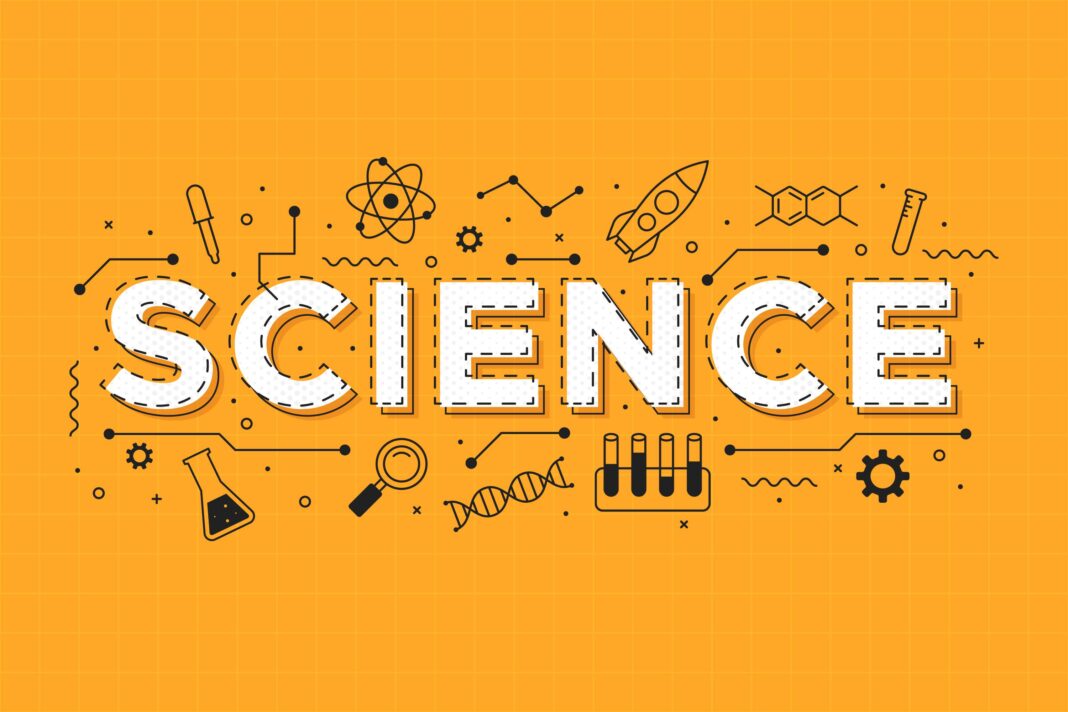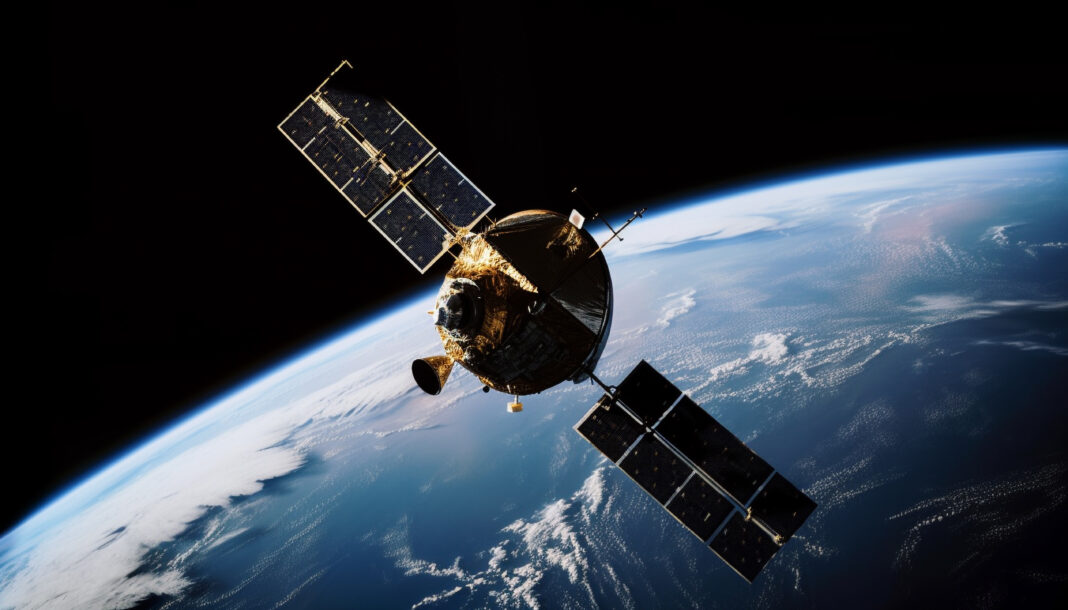Scholars have for a long time argued and guessed about where science really came from.
A number of people think that it originated from the olden societies while others think that it is an offshoot of the European enlightenment era.
This blog examines the origin and development of science; focusing on the question of emergence– when did this happen and how so?
What is Science?
In advance of looking at where science began, we must first comprehend the meaning of the term “science.”
To put it simply, science can be described as an organized way of studying the environment with the aim of getting a better understanding of why things happen in their natural orders. It involves using logic and evidence to arrive at conclusions about the physical world.
Theoretical and applied sciences are the two main branches of science.
The first one consists of sciences which are intangible in nature like mathematics and philosophy while the other is made up of sciences that are related with technology, engineering or medicine. The advancement witnessed in contemporary society can be attributed to these branches equally.
Ancient Civilizations
Many people believe that science originated from ancient civilizations such as Mesopotamia, Egypt, China and India. These cultures played a vital role in enhancing the knowledge of their environment. To illustrate, individuals in ancient Mesopotamia (which corresponds to present day Iraq) applied mathematics in their agriculture and also came up with some astronomy at its early stage through which they could follow how planets move across the sky.
Scientific anatomy research in ancient Egypt involved embalming bodies and performing experiments on mummies. The Chinese scientists were also known to record very careful observations on natural events like the appearance of comets or occurrence of eclipses in their astronomical records. It is believed that the Indian civilization was the first to develop the decimal system and consider geometry as a separate branch of mathematics.
Although we can regard these cultures as early forms of scientific thoughts, it is important to mention that they based their theories on beliefs of a religious or philosophical nature. The progress of their science was usually curtailed by factors related to the society and culture while they did not have the kind of organized methodology that is found in today’s science.
Scientific Revolution in Europe
During the Renaissance, there was a great change in the way individuals perceived their environment. This era experienced progress in many areas such as art, literature, architecture; however it also set the stage for the emergence of contemporary scientific thought.
Nicolaus Copernicus, Galileo Galilei, Isaac Newton were some of the leading proponents of the new approach that posed questions to the traditional views of nature. These individuals advocated for a departure from the ancient doctrines and formulation of hypotheses that could only be proven through experimentation and observation. It was during this period that The Scientific Revolution occurred, when people defied old scholasticism and began to reason based on facts and data.
The breakthroughs made by Copernicus in developing the heliocentric model of our solar system, Galileo in formulating the laws of motion as well as universal gravitation, and Newton through his work in optics and calculus greatly contributed towards the creation of science as a distinct field.
Modern Science
The 18th century is responsible for the onset of modern science, which is commonly known as the Age of Enlightenment. People began to view science as the way forward and education, rather than something that could only be understood within the context of a few tight religious dogmas, during this time.
Notable scientists during this time were Sir Francis Bacon, Rene Descartes, Robert Boyle who tried to understand nature by observing and experimenting. Some of the sciences that they helped develop include astronomy, chemistry and physics all of which have greatly contributed to what is now referred to as science.
Nonetheless, science only completely transformed in the nineteenth century, when great progress had been made in technology and medicine.
The Influence Of The Scientific Method
The scientific method, which is a systematic approach applied in testing hypotheses concerning the natural world, was one of the key contributors towards the establishment of science as an independent field.
This entails observation, formulation of hypothesis/prediction and experimentation for data collection purposes.
Although the origin of the scientific method can be traced back to ancient Greece, it was not widely accepted until the time of Renaissance when scholars such as Francis Bacon made it fashionable.
In the modern day, all research techniques are based upon this model; therefore scientists all over the world, irrespective of their area of specialization, can join hands to discover what nature is like.
Concluding Thoughts
To sum up, it is difficult to establish the exact time that science began evolving because it has been changing for so long– over many hundreds of years. Nonetheless, it is evident that all periods, be it the ancient cultures or European revolutions, have greatly contributed towards influencing the current form of science.
Science has advanced significantly since the ancient times when people began measuring astronomical movements. The truth is that it plays a very important role in today’s world by making great contributions to various sectors such as health, transport and communication.
The origins of science will always remain a mystery, including its inventor and the exact time it was born. Nonetheless, one fact is true: science as an enterprise is progressive and seeks after knowledge without relenting.
It was Isaac Newton who stated, “If I have seen further than others, it is by standing upon the shoulders of giants,” showing that every era adds to what was done in previous ones so that we may better understand our environment.
Therefore, we should be grateful for this long process and still encourage progress in science because it determines what is still to come in our future!





